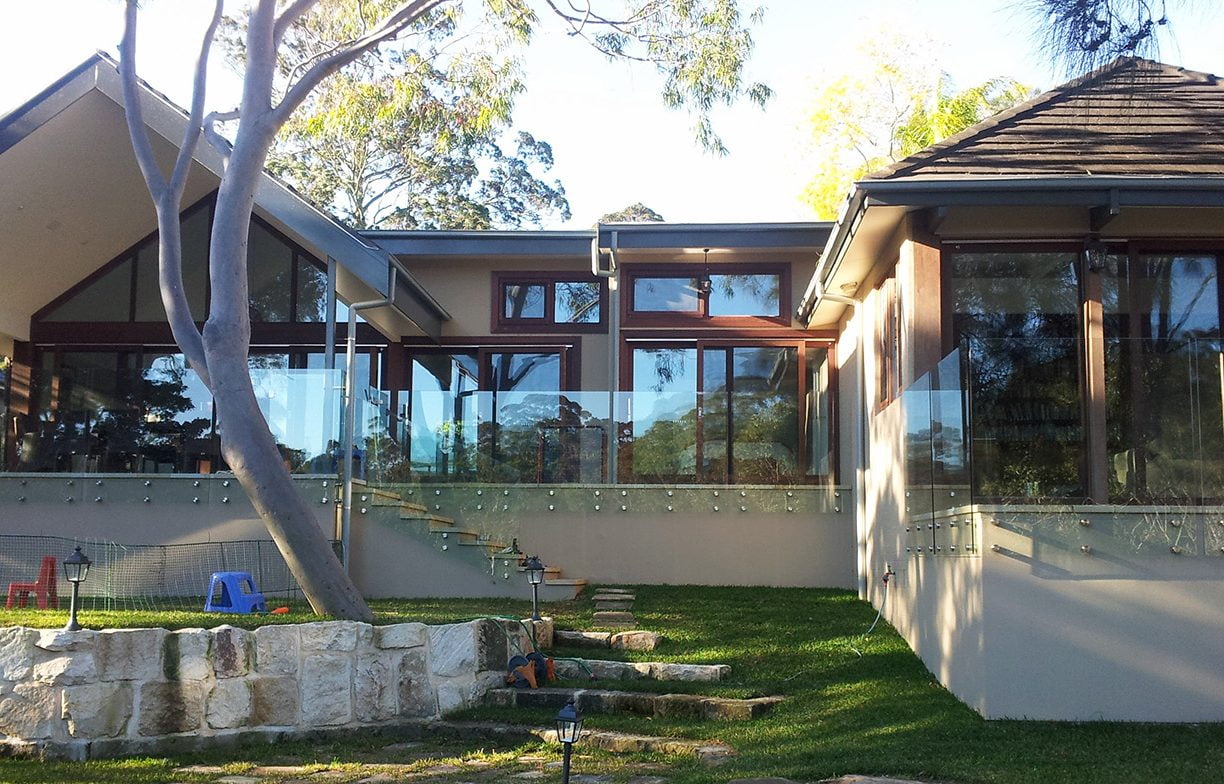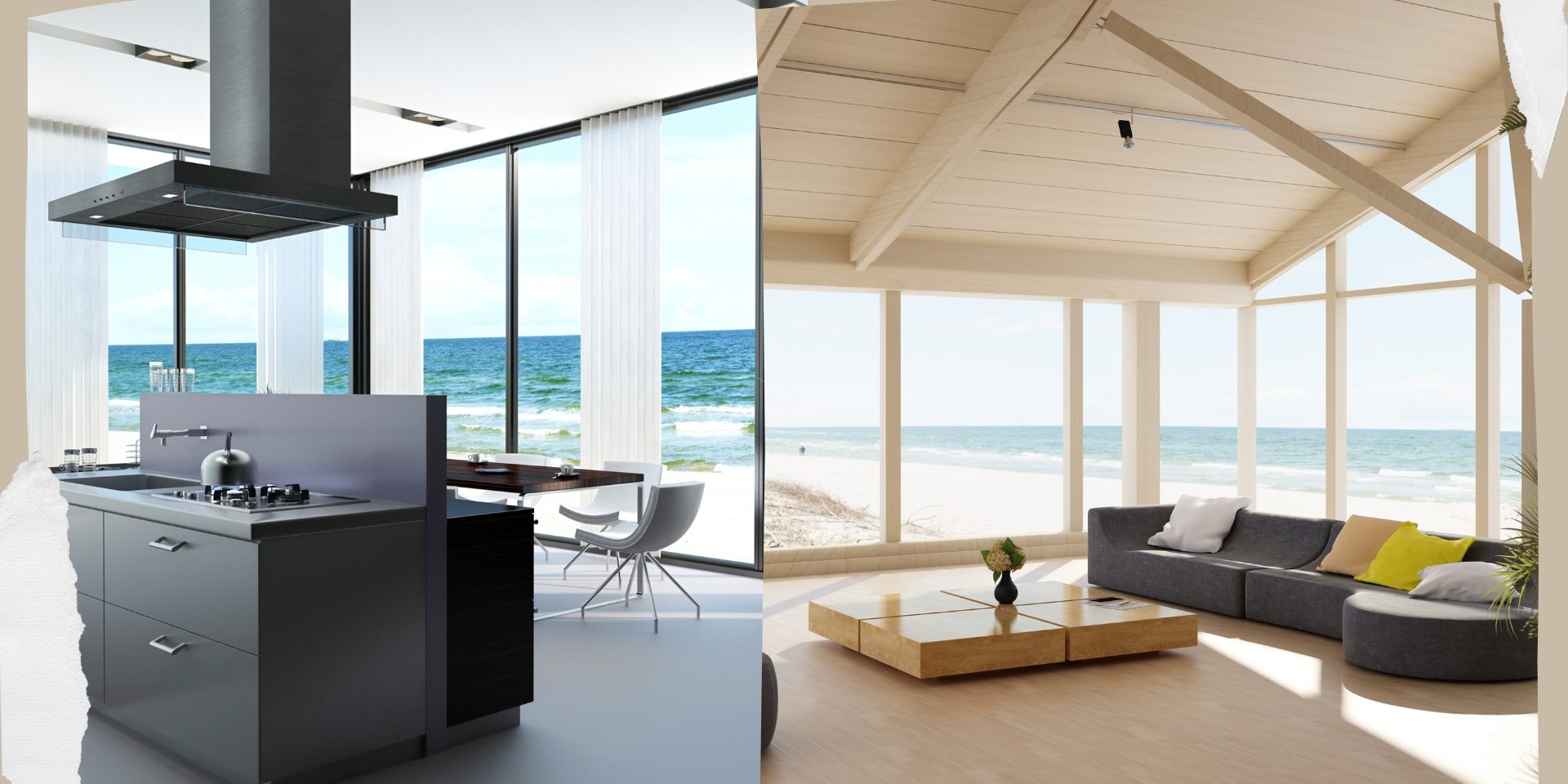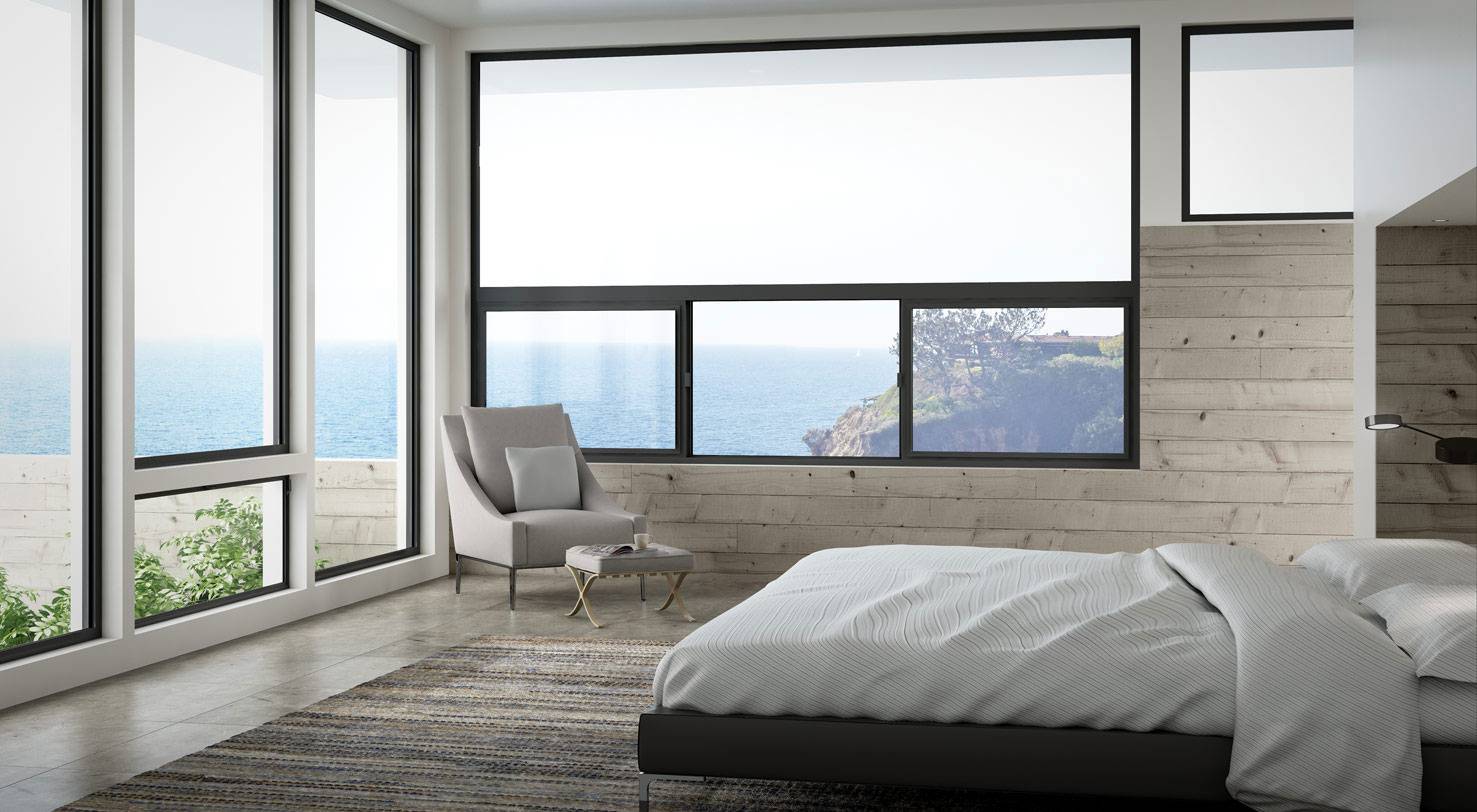All Categories
Featured
Table of Contents
Buy Double Glazed Upvc Sliding Doors In Sydney in Maddington Perth
Laminated glass is frequently utilized in locations in the home most prone to injury from human effect such as bathrooms, doors, around staircases and in areas close to the flooring (it meets the requirements of 'shatterproof glass' that is mandated for usage in these areas by Australian Basic AS 1288 Glass in buildings).
Toughened glass has been 'tempered' by being reheated and rapidly cooled again. This procedure makes it much stronger than standard glass it can resist greater impact loads prior to breaking. It also makes it safer because, when it does shatter, it burglarizes numerous little cubic pieces instead of hazardous fragments.
Why Does Double Glazing Help To Keep Us Cool In Summer? in Girrawheen WA
Toughened glass has no thermal or acoustic advantages over other glass of the exact same toning or density. Secondary glazing is where single-glazed windows are retrofitted with a transparent acrylic or glass sheet attached to the inside of the frame or openable sash with a secondary frame or with magnetic strips.


Secondary glazing will not carry out too thermally as a produced IGU, given that it is impossible to absolutely seal the boundary, however it can provide great noise control. Window movies are a thin polymer film containing a soaking up color or reflective metal layer, with an adhesive backing. They adhere to your glazing to alter its colour or make it reflective.
Glass & Glazing - Easy Windows Upvc Double & Triple ... in Atwell Western Australia
Applied to existing glass, some window films can halve the total SHGC of the window by soaking up and/or reflecting solar radiation. This can be especially beneficial in hotter environments where cooling is the main concern, or on east and west elevations straight exposed to extended periods of sunlight. Window films may also decrease noticeable light transmittance.

For this reason, it is generally best to utilize a recognized installer of window film. Frames have a significant effect on the thermal efficiency of windows and doors, because energy can be acquired and lost through the frame, in addition to through the glass. Different types of frame will enable different levels of heat gain and loss, so mindful option of frame is very important for reliable passive style.
4 Benefits Of Double Glazed Windows In The Summer in Craigie Western Australia
However, aluminium is also an excellent conductor of heat and will decrease the insulating worth of a glazing unit, unless specifically engineered to reduce this. A 'thermally broken' frame is comprised of 2 aluminium sections connected by a structural insulator (usually a low-conductivity structural polymer). This 'breaks' the thermal connection through the aluminium and minimizes the heat streaming through the frame.
Lumber frames are a good natural insulator that can suit some house styles. Lumber frames need to be made from species that have naturally high durability or be treated to prevent decay and deformation.
Double Glazed Windows Sydney in Singleton Perth
However, this can lead to gaps that enable air seepage unless great draught sealing (weather stripping) is set up. u, PVC is a form of plastic (unplasticised polyvinyl chloride, likewise called stiff PVC). u, PVC frames supply exceptional thermal efficiency, frequently much better than lumber or thermally broken aluminium. u, PVC is long lasting and requires extremely little maintenance, and can be moulded into complex profiles that supply excellent air seals.
u, PVC doors and windows have outstanding thermal performance Picture: Ben Wrigley (Light Home Architecture and Science) Composite frames utilize aluminium profiles on the external sections with either a lumber or u, PVC inner section. These combine the low upkeep and toughness of aluminium with much enhanced thermal performance.
Latest Posts
Reglazing Single Glazed Windows With Double Glazed Units in Yokine Western Australia
Double Glazed Windows in Wattleup Perth
Why You Need Secondary Glazing In The Summer in Viveash Perth